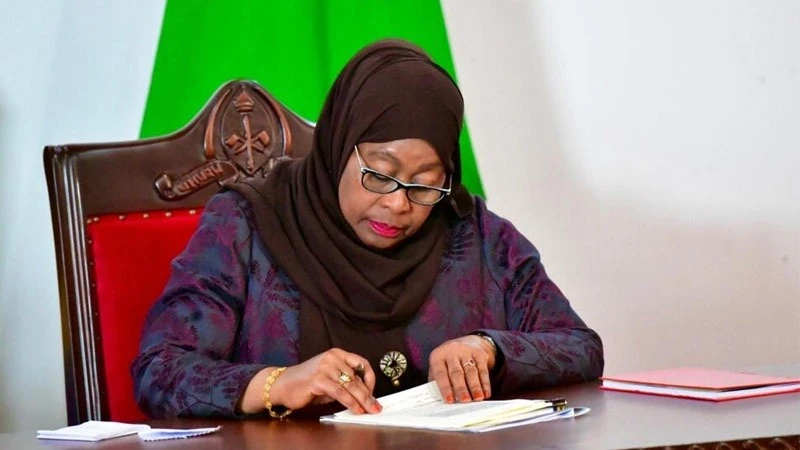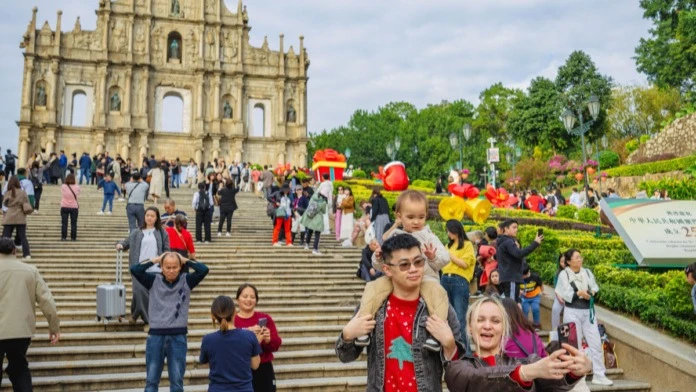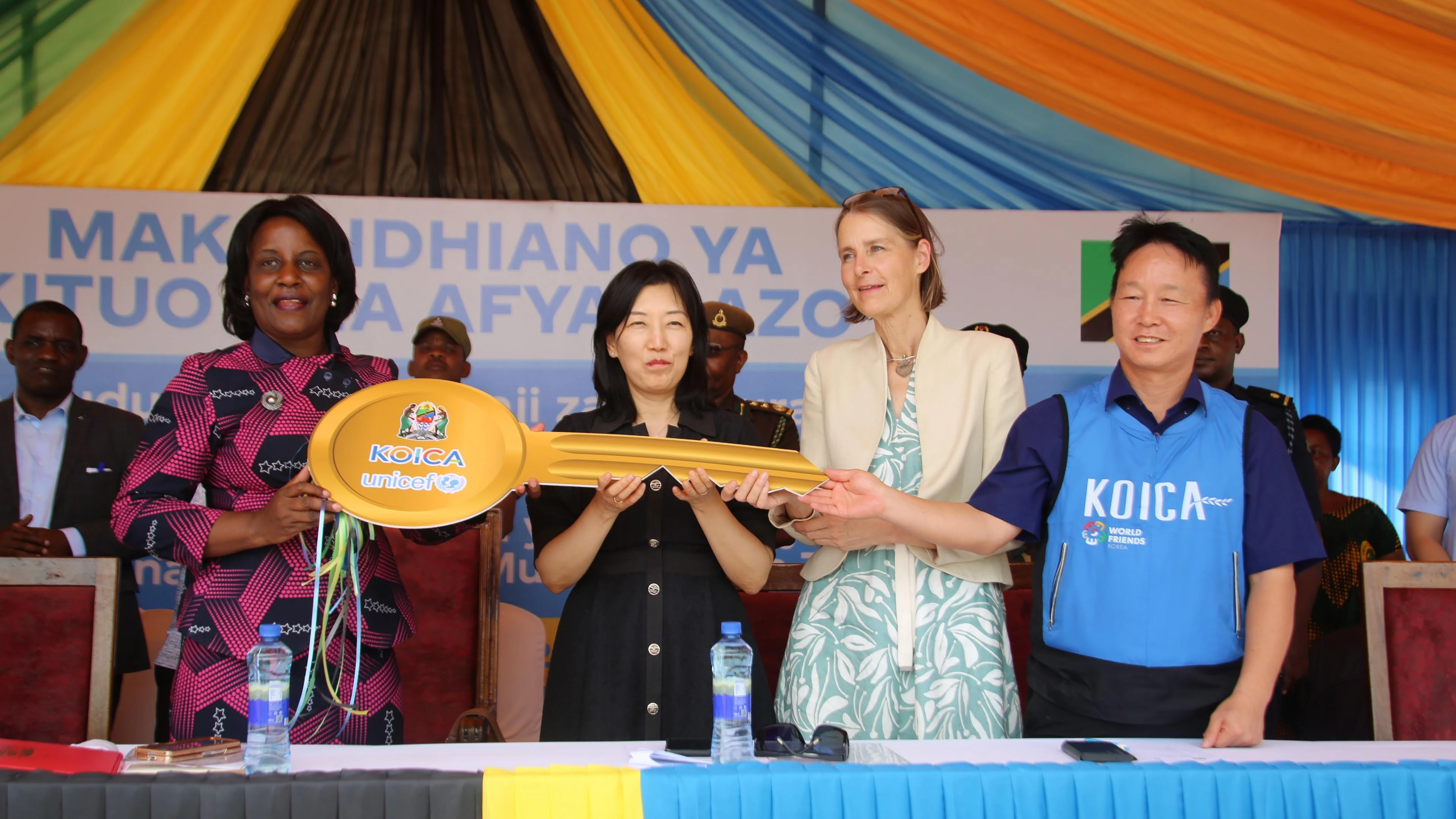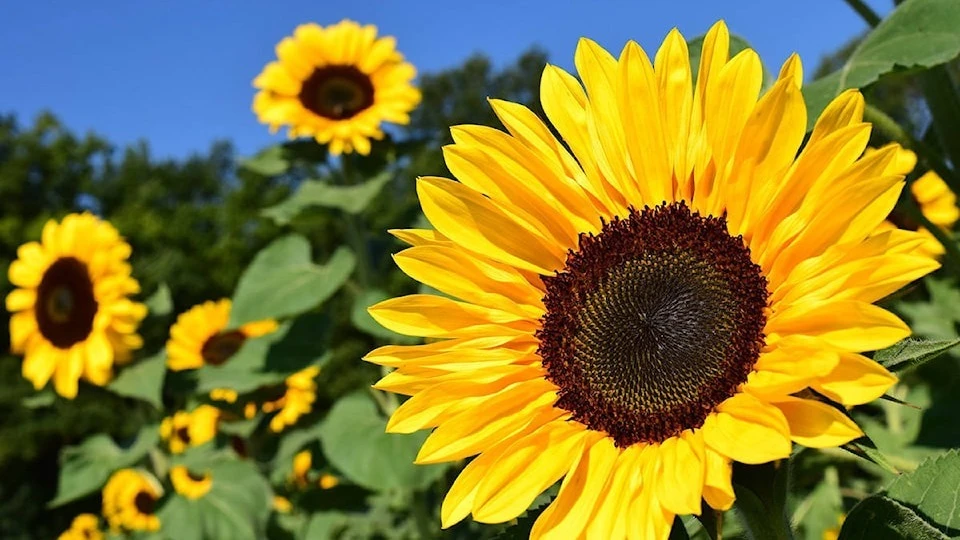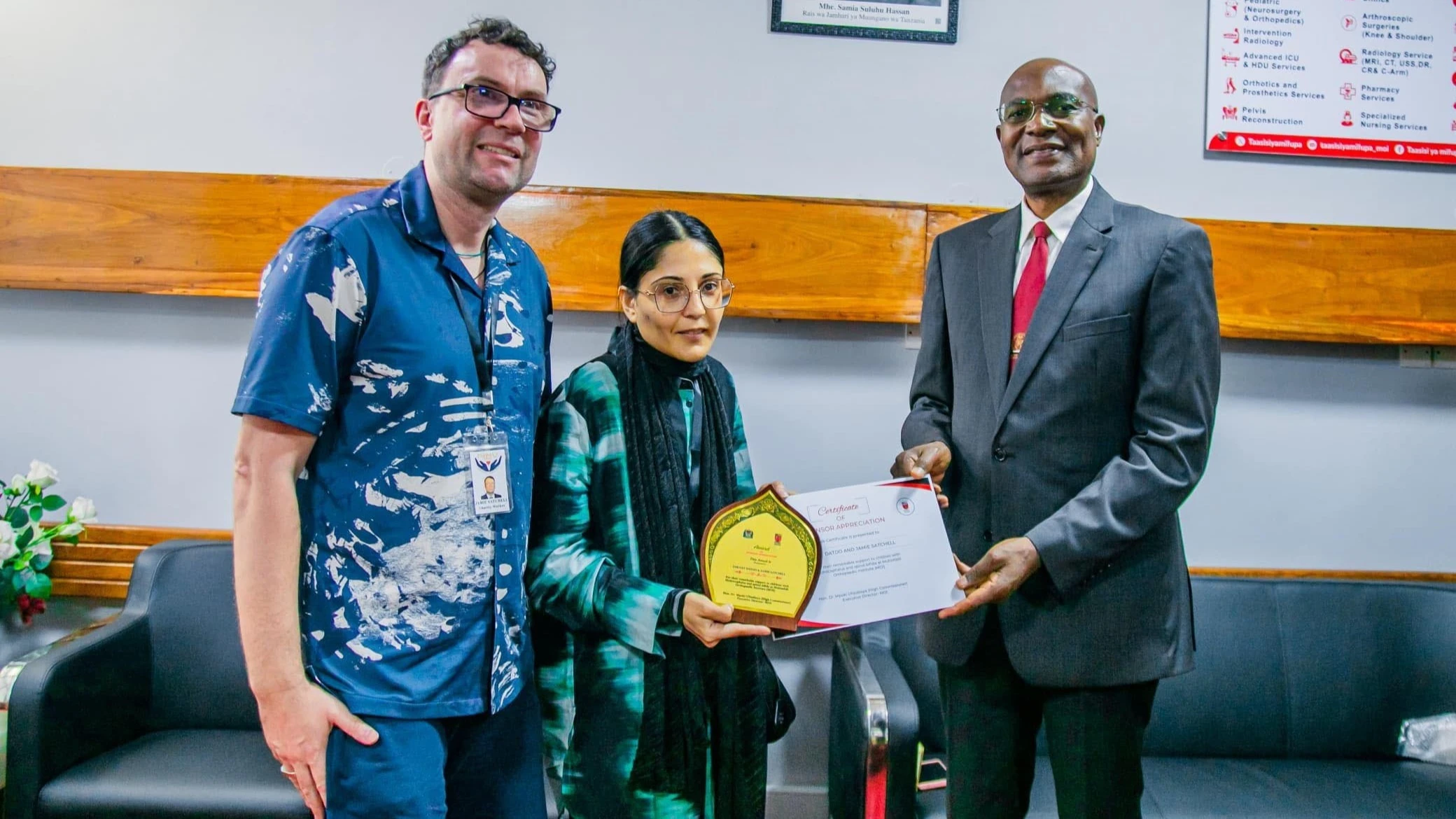Crop diversification helps protect Zimbabwean farmers from food insecurity
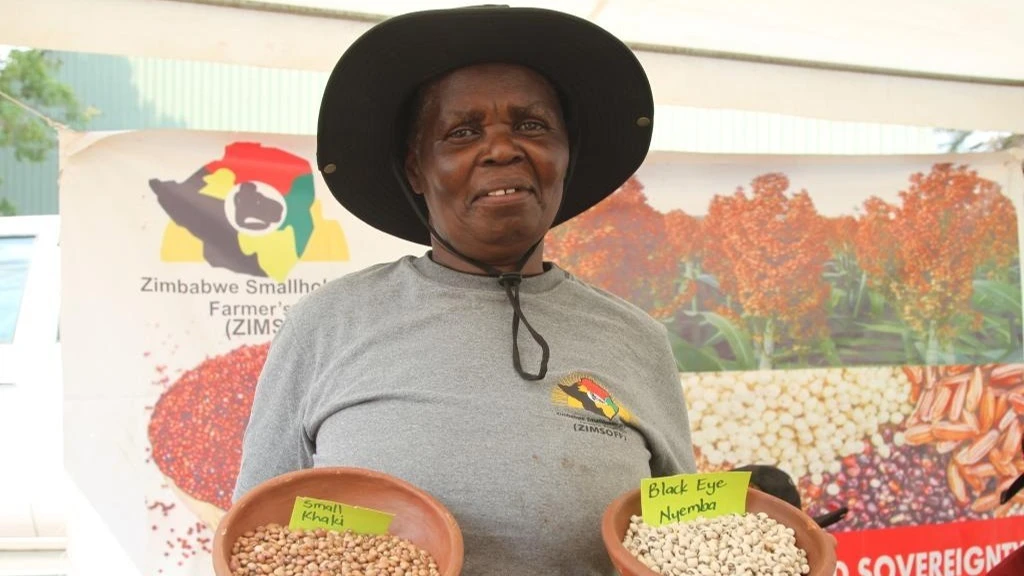
FOR 69-year-old Bolleta Chigwida, the secret to achieving food security is not to put all eggs in one basket when it comes to growing crops.
Amid an El Nino-induced drought that has cut Zimbabwe's cereal production by 77 percent and left 60 percent of the country's population food insecure, Chigwida said growing different varieties of indigenous crops and adopting agricultural practices aligned with traditional customs is a sustainable way to solve the scourge of hunger plaguing the country.
"I grow different types of crops because it gives me and my family good health," Chigwida said in a recent interview. "It also exposes my family to our rich traditions."
While much of Zimbabwe's rural population will need food aid until the next harvest season, Chigwida has enough to eat thanks to the practice of agroecology, a sustainable farming system that works in harmony with nature.
The smallholder farmer from Juru, a farming area east of Harare, Zimbabwe's capital, is a member of the Zimbabwe Smallholder Organic Farmers Forum (ZIMSOFF), an organization that envisions improved livelihoods of organized and empowered smallholder farmers practicing sustainable and ecological agriculture.
The ZIMSOFF is made up of farming members, particularly women, who practice agroecology and food sovereignty, a concept whereby communities determine the quantity and quality of the food that they consume by controlling how their food is produced and distributed.
Like other members, Chigwida adhered to conservation agriculture, which involves digging and maintaining permanent planting basins for crops, ensuring minimum soil disturbance, and using organic manure.
Crop diversification reduces the risk associated with unfavorable weather by ensuring that if one crop fails, the other crops will succeed, she said.
Chigwida was among the farmers who gathered at the National Good Seed and Food Festival held in Harare recently, which brought people together to enjoy traditional foods and exchange organic seeds.
Chigwida also cultivates early maturity and drought-resistant crops, such as millet and cowpea, to limit the risks of crop failures as dry spells now often occur.
Unlike the staple crop of maize, which is thirsty for water, drought-resistant crops protect her from unpredictable weather. When it comes to maize, Chigwida only cultivates local varieties, which she grows organically.
"This year's yield was a little bit lower than previous years because of the dry spell, but I will have enough grain until the next harvest because I followed agroecology practices," she said.
Delmah Ndlovu, chairman of the ZIMSOFF, urged people to adopt agroecology to address food insecurity.
"Agroecology is about going back to the ways of our ancestors. It is about doing what they used to do, growing our traditional crops," he said, adding that the adoption of agroecology promotes the efficient use of limited resources.
"If you have enough food, if I have enough, and if the next person has enough to eat, we won't burden the government. If people are food sufficient, the government can spend resources on other developmental projects," he said.
Revai Madimutsa, 47, a farmer from Mutoko District in Mashonaland East Province, said it is important to utilize domestic remedies when addressing food security.
"We have crops that used to be cultivated a long time ago, but some of the crops had been forgotten. Some of the crops are now coming back," Madimutsa said.
Davis Marapira, Zimbabwe's deputy minister of lands, agriculture, fisheries and rural development, said embracing traditional food systems can provide pathways to sustainable practices that not only honor the past but also forge a sustainable future.
"It (traditional food) is a source of identity and pride, and it informs the very way we nourish ourselves and our communities," he said, adding that the government is reviewing relevant policies to promote sustainable production of food through agroecology
Top Headlines
© 2024 IPPMEDIA.COM. ALL RIGHTS RESERVED











